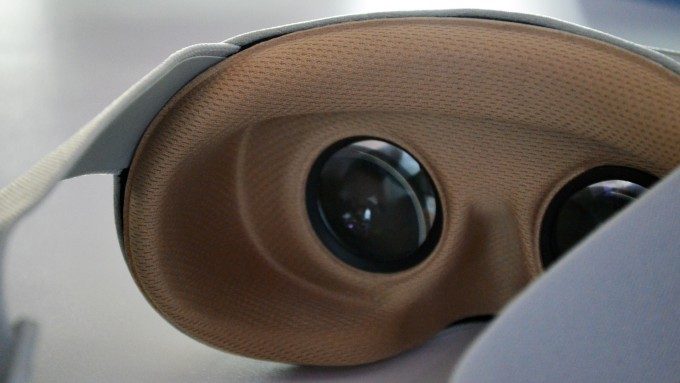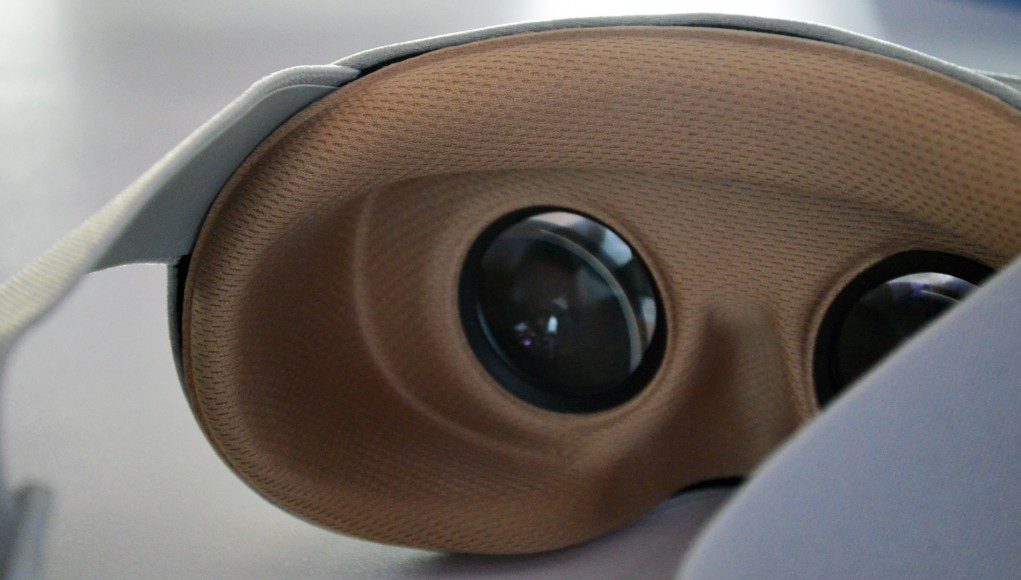 According to a report by The Verge, HTC’s VP of Design is leaving the company to join up with Google’s Daydream VR team.
According to a report by The Verge, HTC’s VP of Design is leaving the company to join up with Google’s Daydream VR team.
Having joined the company in 2008, in recent year’s HTC’s VP of Design, Claude Zellweger, played a key role in the design of the Vive headset, The Verge reports. Now he’s taking that experience with both mobile and VR design over to the Google Daydream VR team, according to a tweet by Zellweger.
@vladsavov I am joining Google Daydream, so you can redirect your criticism:).
— Claude Zellweger (@Claudibus) January 26, 2017
The Verge confirmed with HTC that Zellweger has left the company, following the same destiny as two colleagues who had both joined the company as part of the same acquisition:
In 2014, HTC lost its longtime design chief, Scott Croyle, who started afresh with the Nextbit cloud-centric smartphone. Less than a year later, Croyle’s successor at HTC, Jonah Becker, departed the company to head up industrial design at Fitbit. The two of them initially joined HTC when their design company, One & Co, was acquired by the Taiwanese electronics maker in 2008, and their third partner in that venture was Claude Zellweger. Eight years after joining HTC, Zellweger now completes the One & Co exodus.
We noted recently that a slew of new job listings for Google’s VR/AR team pointed toward new, more ambitious hardware in the works by the company; Zellweger’s purported new role seems aligned with that effort.







